Representatives Tony Cardenas (CA-29) and Paul Tonko (NY-20) introduced the Virtual Community Support Act last week. The act is aimed to strengthen community-based and peer support services virtually both during and after the pandemic. A press release from the office of Tony Cardenas says the bill, “Would create a new program at the Substance Abuse and Mental Health Services Administration (SAMHSA) to provide training and development to increase the workforce, enable providers and peers to move their services virtually, and help identify and coordinate care for those who need access to multiple services.” This bill was included in the Health, Equity, Access, Resources, Treatment (HEART) package that Representative Cardenas released last month.
After the year that has ensued due to the pandemic, a lot of problem areas in healthcare have been noticed, according to both Congressmen. The intention with this bill is to help rectify some of those problem areas in the behavioral health field. Because of the sudden need for most healthcare services to become virtual this past year, this bill will make sure patients are still able to get their necessary healthcare needs met virtually and easily accessible. People will also be able to stay connected to their support communities in addition to receiving behavioral health services through virtual care. This is crucial because when it comes to treatment and recovery, support communities and peer support are very important to the process. A bill like this is very significant because of the magnitude affect it can have on people’s lives. Ensuring proper and adequate access to virtual healthcare, also known as telehealth, can have a huge impact on a person’s treatment progress.
Thereare many components that go into having to provide services to people virtually. It can be a daunting task not only for providers to get set up, but also helping patients transition to it who are not familiar with using virtual services. Therefore, this potential new program to be implemented at SAMHSA will be very helpful since it will have a specific focus on moving healthcare services virtually. The program will help ensure a smooth transition, especially with the addition of an expanded workforce. An expanded workforce will make sure to coordinate proper care for those partaking in telehealth which is an essential aspect to guaranteeing high quality care.
Executive Director of The Purpose of Recovery Donella Cecrle, shares the importance an expanded workforce plays in this type of situation. “While many organizations scrambled to adjust to virtual services during COVID-19, The Purpose of Recovery, a new peer to peer recovery organization, began offering virtual support to peers and families impacted by substance use disorder. We did not have hurdles to overcome either internally or externally as we just started talking with peers by phone, while exponentially expanding and training our workforce. The response has been overwhelmingly positive and we fully expect to continue offering virtual support indefinitely. We will support the passage of legislation that encourages virtual aid to those suffering with substance use disorder and mental health concerns.” In this case because they were adequately prepared, they were able to properly handle the sudden situation. The program this bill will create helps ensure proper preparedness for handling virtual healthcare.
Furthermore, the bill will undoubtedly have a huge impact on recovery support services for substance use disorders (SUDs) for many reasons. Andrew Kessler of Slingshot Solutions says, “How we deliver treatment and recovery support services for SUDs is changing, and we need to take advantage of the opportunities presented by telehealth services. Even before the pandemic, telehealth was a point of emphasis for our community. Now that policymakers see the benefits of it, legislation such as this will help us reach a point where our services are delivered to those in the greatest need, regardless of where they live or how difficult it is for them to see a provider.” This bill will make it possible for people to be able to access the healthcare services they need from remote locations. For recovery support services, being able to get things done virtually has been instrumental for many people. For example, being able to meet with peer support communities virtually instead of not being able to at all has been important for many. Peer support communities are critical in treatment so that people do not feel alone.
In today’s world where most services have become virtual, the need for telehealth to be easily accessible is a necessity and a right for everyone to get the care they need. Passing of this bill is a great step forward in ensuring acceptable telehealth that is equipped by a properly educated and staffed workforce.

Pete Nielsen LAADC, SAP
Pete Nielsen is the President & Chief Executive Officer for the California Consortium of Addiction Programs and Professionals (CCAPP), CCAPP Credentialing, CCAPP Education Institute and the Behavioral Health Association of Providers (BHAP). CCAPP is the largest statewide consortium of addiction programs and professionals, and the only one representing all modalities of substance use disorder treatment programs. BHAP is the leading and unifying voice of addiction-focused treatment programs nationallly. Mr. Nielsen has worked in the substance use disorders field for 20 years. In addition to association management, he brings to the table experience as an interventionist, family recovery specialist, counselor, administrator, and educator, with positions including campus director, academic dean, and instructor.
Mr. Nielsen is the secretary of the International Certification and Reciprocity Consortium, and on the publisher for Counselormagazine. He is a nationally known speaker and writer published in numerous industry-specific magazines. Mr. Nielsen holds a Master of Arts in Counseling Psychology and a Bachelor of Science in Business Management.

